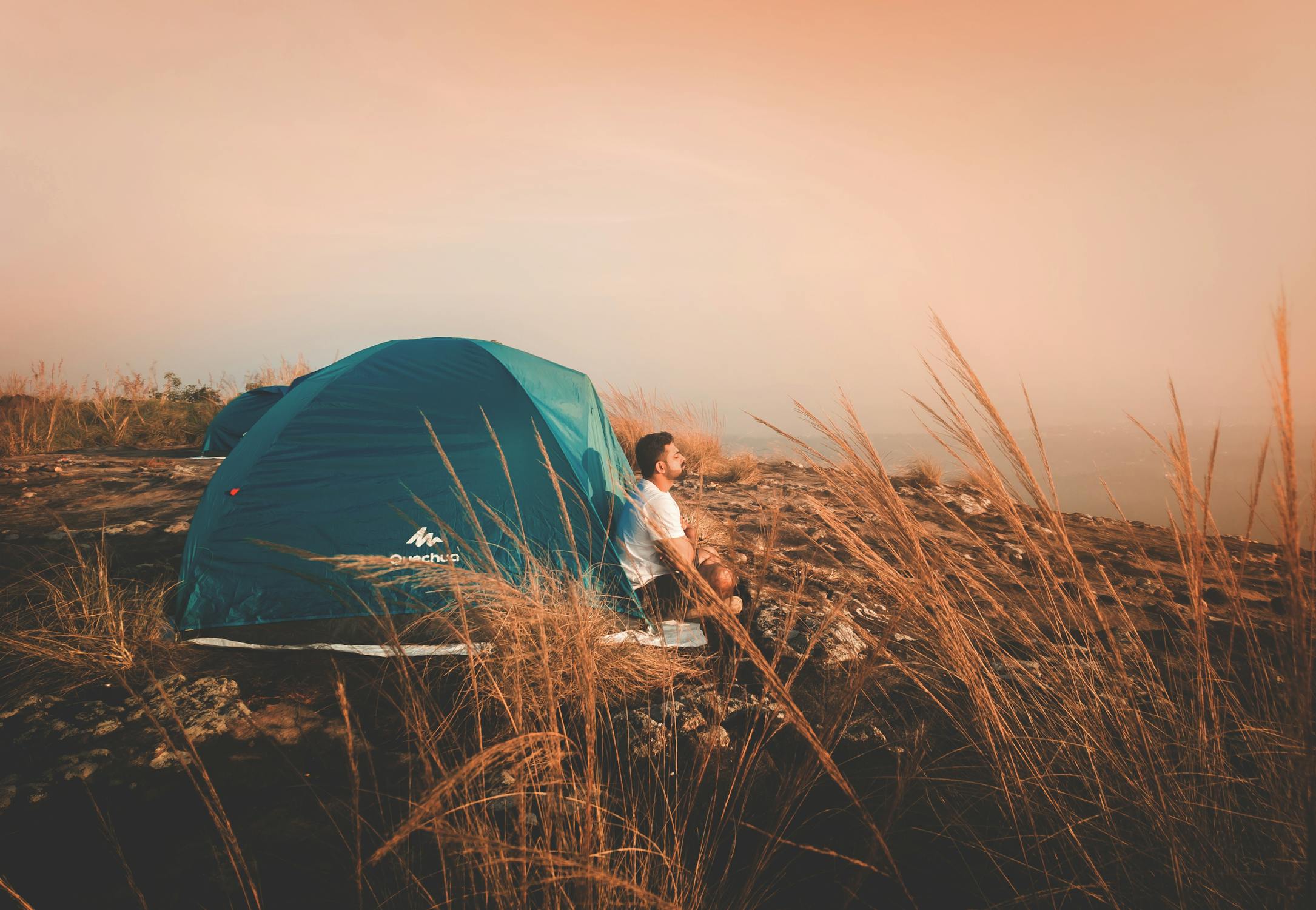Solo camping is an incredible way to reconnect with nature, build confidence, and enjoy peaceful solitude. Whether you’re a first-timer or an experienced camper, going solo requires extra preparation and awareness. Here’s your ultimate guide to making the most of your solo adventure.
1. Choose a Safe and Suitable Location
Pick a well-established campsite for your first solo trip. National parks, state parks, or designated camping areas provide security and access to emergency resources if needed.
2. Pack Light but Smart
When camping alone, every item counts. Bring only the essentials: a lightweight tent, sleeping bag, stove, first-aid kit, and a reliable flashlight or headlamp. A backup power bank for your phone is also a good idea.
3. Let Someone Know Your Plans
Always inform a friend or family member about your itinerary, including your destination and expected return time. If possible, check in periodically to confirm your safety.
4. Build Fire and Shelter Skills
Knowing how to quickly set up a tent and start a fire can make your trip more comfortable. Practice these skills before your trip to ensure you can do them efficiently alone.
5. Embrace the Solitude
Solo camping is a chance to enjoy your own company. Bring a journal, a good book, or a camera to document your experiences. Meditation or simple nature walks can also enhance your appreciation of the wild.
6. Stay Aware of Your Surroundings
Trust your instincts and be mindful of your environment. Avoid isolated spots, listen for unusual noises, and keep your campsite tidy to deter wildlife.
7. Prepare for Emergency Situations
Carry a whistle, multi-tool, and a small emergency kit with items like a space blanket, water purification tablets, and a basic survival guide. A personal locator beacon (PLB) or satellite messenger is also a smart investment.
8. Respect Nature and Leave No Trace
Always follow Leave No Trace principles by packing out all waste, minimizing campfire impact, and respecting wildlife. Keeping the environment clean ensures a safe experience for future campers.
9. Cook Simple and Nutritious Meals
Meal prepping makes solo camping easier. Stick to simple, lightweight foods like dehydrated meals, nuts, and protein bars. Having a quick, easy-to-make meal ensures you stay energized without too much hassle.
10. Enjoy the Freedom
One of the best parts of solo camping is the freedom to set your own pace. Wake up with the sunrise, explore on your own schedule, and take in the beauty of being completely independent in nature.
Solo camping can be a deeply rewarding experience, giving you a sense of self-reliance and connection to the outdoors. If you’ve ever camped alone, share your favorite part of the experience in the comments below!
